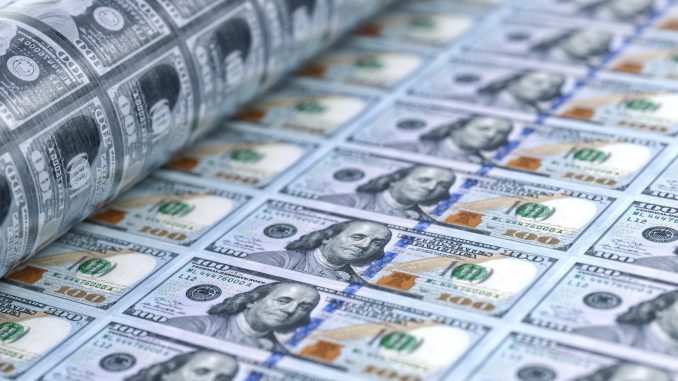
The pandemic presented a punch to the gut of our economic systems. We were in a state of fear and uncertainty, so government did what it does best — it spent money. Lots and lots of it. And a good deal of it was spent without any kind of oversight or rationale.
The argument at the time was that we must avoid a recession so throw gobs of money at individuals, businesses and schools to keep the economy afloat.
There was some logic in priming the pump to a certain degree. But the amount of money that Congress threw into the system had no logical basis to it.
States, schools and local governments received unbelievable amounts of money that was supposed to go toward curbing the negative effects of Covid. It was so much money that schools and governments couldn’t possibly spend it all in one fell swoop.
It’s now four years since the worst of the pandemic was upon us and these governments still have major reserves sitting in the bank from these original Covid funds.
The Trump administration is wisely saying that the pandemic is over and if you couldn’t spend it, you no longer need it for the pandemic. Leave it to the big spending states who are now bringing lawsuits to stop the claw back.
Equally disturbing is how these big spenders try to label the fiscal hawks trying to give the money back to the taxpayers as being cruel, inhumane and uncaring individuals. New York Attorney General Tish James railed against the clawback, claiming the grants are there “to provide food, personal care items, classroom supplies, field trips, funding, and specialized training for teachers to work with on health students.“ She added, “The Trump administration‘s latest attack on our schools will hurt our most vulnerable students and make it harder for them to thrive.”
These grants never existed before Covid, and they were provided specifically to deal with the pandemic. Covid is long gone, so stop trying to defend more spending on non-Covid-related matters.
And stop demonizing those who are trying to prevent spending from climbing to unsustainable levels.

